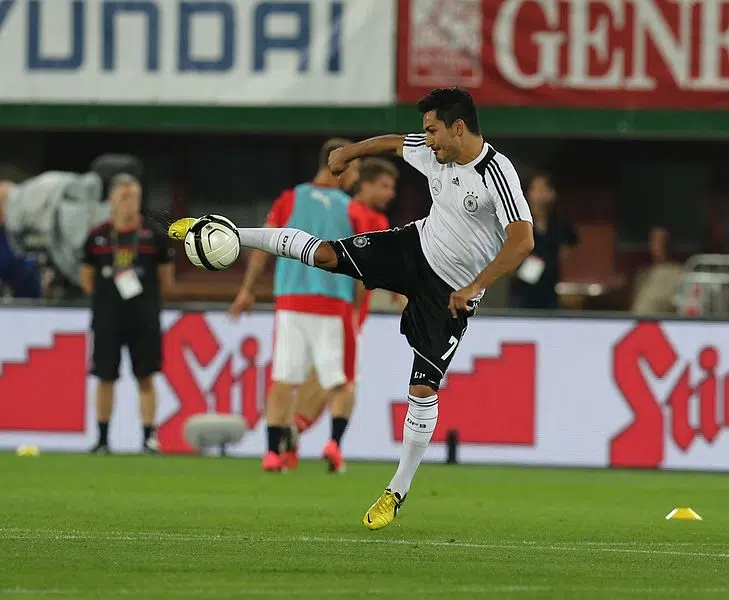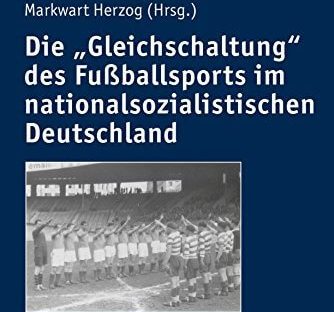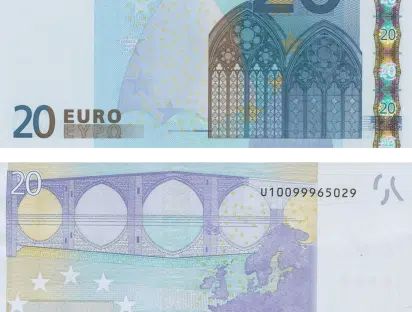
Ilkay Gündogan, born in Germany of Turkish origins – Photo: Michael Kranewitter, CC BY-SA 3.0 via Wikimedia Commons.
As we are well placed to know in France, multi-ethnic societies are also reflected in national football teams that field players of migrant origin. Today, this is the case in several Western European countries, and as the FREE project has shown, the multicultural character of our societies is nowadays well accepted by both the football community and the general public. What seems much more difficult to learn is to accept that these individuals, even if they are called to represent a their “passport” as ambassadors on a football pitch, dressed in the national colours and listening to the national anthem, still have strong feelings of belonging to the culture of their family’s origins, no matter how far back the immigration to their new home occurred. When these double belongings are perceived to be in conflict, the difficulty of our contemporary society to come to terms with the co-existence of multiple layers of identity and loyalty is revealed in the open. In an academic article, co-authored with Borja Garcia Garcia (University of Loughborough), we present in an original format based on three case studies an empirical analysis of how football players with dual identities have negotiated their allegiances to their ‘home’ and ‘adoptive’ footballing countries. To download this open-access article (17 pages), published by the International Journal on Collective Identity Research – Papeles del CEIC, please click here.




